Hannah Arendt (14 October 1906 – 4 December 1975), German-American philosopher and political theorist, was the first to argue that there were continuities between the age of European imperialism and the age of fascism in Europe. In her pivotal work The Origins of Totalitarianism (1951), she established that theories of race, notions of racial and cultural superiority, and the right of ‘superior races’ to expand territorially were themes that connected the white settler colonies, the other imperial possessions, and the fascist ideologies of post-Great War Europe.
Continue reading “Spotlight: Hannah Arendt”Tag: genocide studies
Armenian Genocide Remembrance Day
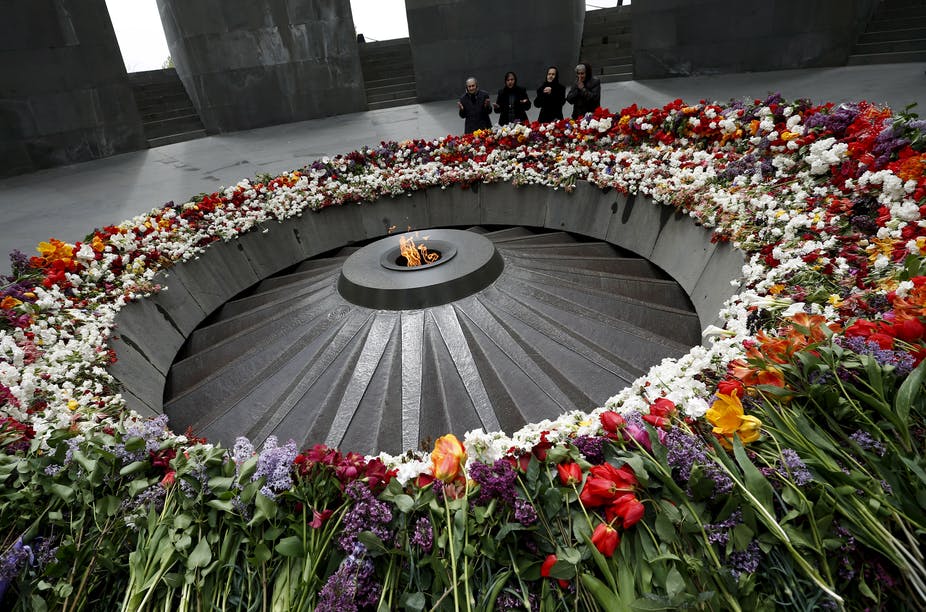
Armenian Genocide Remembrance Day is held annually on April 24th to recognize and mourn more than 1.5 million victims of the Armenian Genocide, the most tragic element of Armenian history.
Continue reading “Armenian Genocide Remembrance Day”International Day of Reflection on the 1994 Genocide against the Tutsi in Rwanda
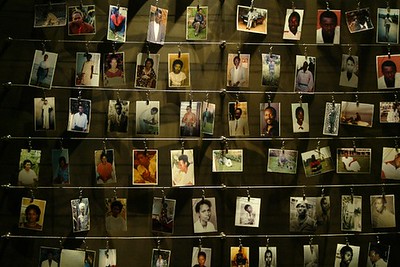
April 7th marks the beginning of the Rwandan genocide in 1994. This terrible act took place during the Rwandan Civil War, lasting until July 15, 1994. To mark International Day of Reflection on the 1994 Genocide Against the Tutsi in Rwanda, we would like to present a list of related books and journal articles.
Continue reading “International Day of Reflection on the 1994 Genocide against the Tutsi in Rwanda”Commemorating the Warsaw Ghetto Uprising
Read an excerpt from Marek Haltof’s POLISH FILM AND THE HOLOCAUST: Politics and Memory.
Continue reading “Commemorating the Warsaw Ghetto Uprising”Editors’ Picks: Recommended reading from the Berghahn Editorial Team

Our editors have put together a list of recommendations per our updated subject categories. Bundle any of these eBooks together at a discounted price by using coupon code 2020EOY through our website. See details about this offer below.
Continue reading “Editors’ Picks: Recommended reading from the Berghahn Editorial Team”Summer Simulated Shelves
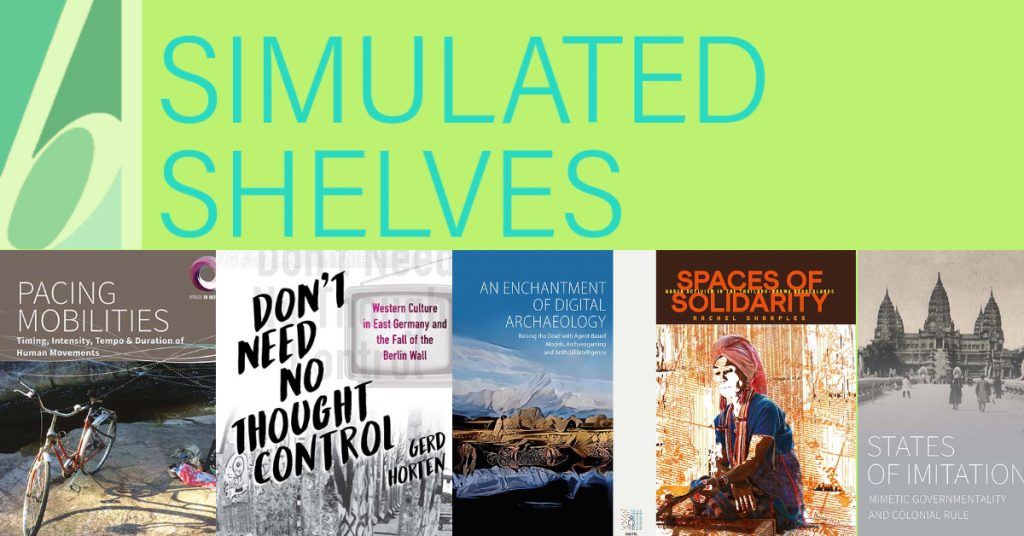
Browse our latest in Anthropology, Archaeology, Sociology, History, Literary Studies, Film & Television Studies, and Mobility Studies/Refugee and Migration Studies below.
Continue reading “Summer Simulated Shelves”Commemorating World Refugee Day
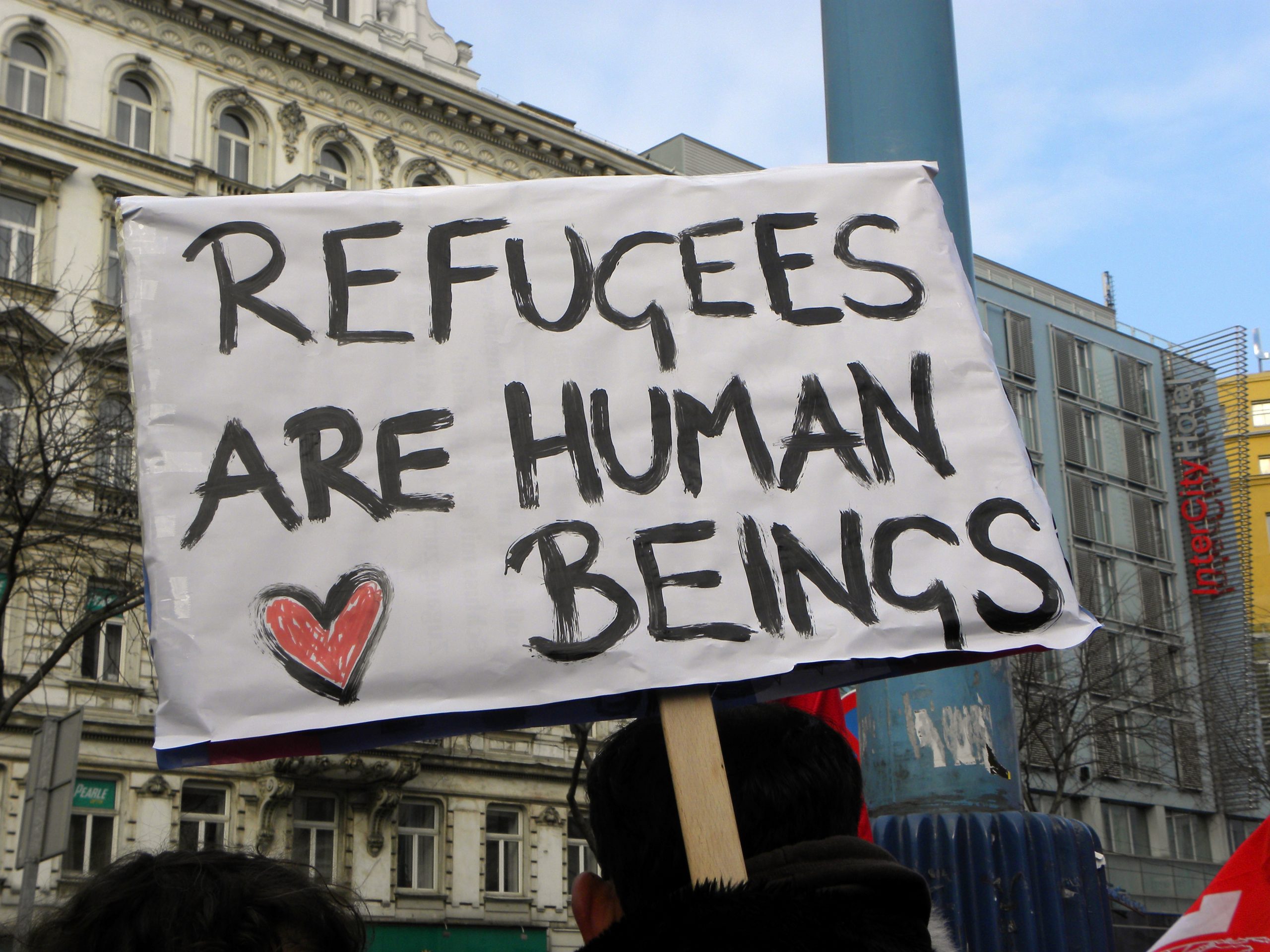 World Refugee Day (June 20) honors those who leave everything behind to escape war, persecution, or terror. This day celebrates the courage and resilience of refugees, asylum seekers, internally displaced persons, stateless persons, and returnees, as the plight of those fleeing conflict is often met with overwhelming uncertainty and assault on human rights.
World Refugee Day (June 20) honors those who leave everything behind to escape war, persecution, or terror. This day celebrates the courage and resilience of refugees, asylum seekers, internally displaced persons, stateless persons, and returnees, as the plight of those fleeing conflict is often met with overwhelming uncertainty and assault on human rights.
Voices on War and Genocide
Omer Bartov, Brown University
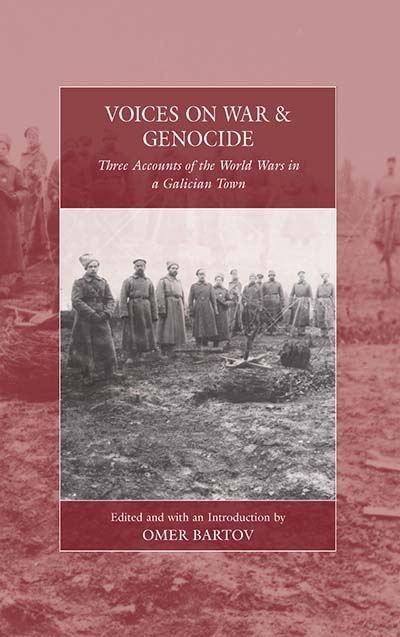
This book is derived from research I carried out for my recent monograph, Anatomy of a Genocide: The Life and Death of a Town Called Buczacz (2018). In the course of looking for documents in scores of archives and libraries, as well as seeking personal accounts that would help me reconstruct the “biography” of a small town in eastern Europe, I found three remarkable diaries about events in Buczacz during the two world wars. While the monograph I was writing attempted to capture the individual voices of the town’s residents as a way of understanding how a community of interethnic coexistence was transformed into a site of communal genocide, it was not possible to bring to light the different protagonists’ personal stories as told from their own perspective. This is precisely what Voices on War and Genocide offers.
Continue reading “Voices on War and Genocide”See you at AHA!
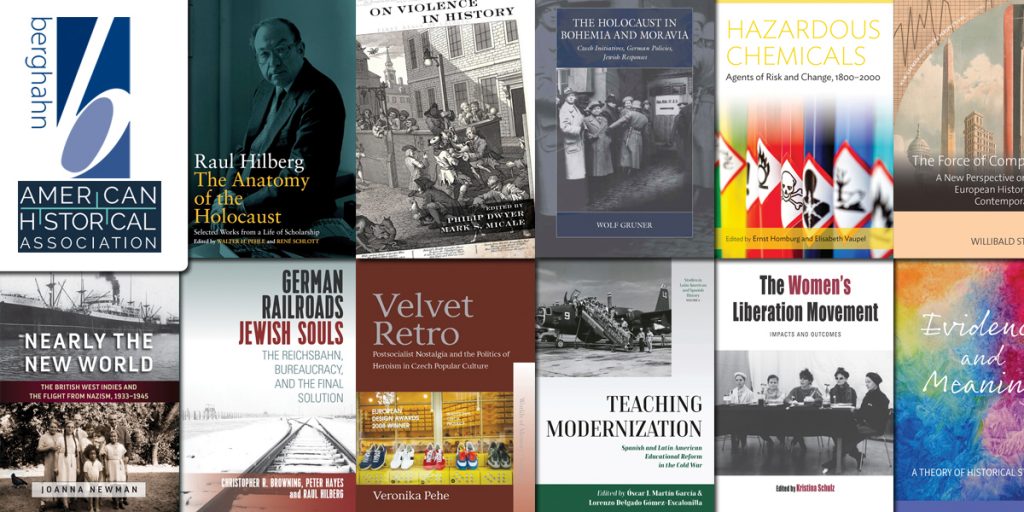
Dear Colleague,
We are delighted to inform you that we will be attending the American Historical Association’s annual meeting in New York, NY, on January 3rd–6th, 2020. Please stop by Booth #1007 to browse our latest selection of books at discounted prices and pick up free journal samples. Scroll down for a preview of the new releases on display.
Continue reading “See you at AHA!”SIMULATED SHELVES
BROWSE THIS MONTH’S NEW BOOKS & JOURNALS

We’re delighted to offer a selection of latest releases from our core subjects of Anthropology, Archaeology, Cultural Studies, and History along with our new in paperback titles and new Berghahn journal issues published in September.
Continue reading “SIMULATED SHELVES”

